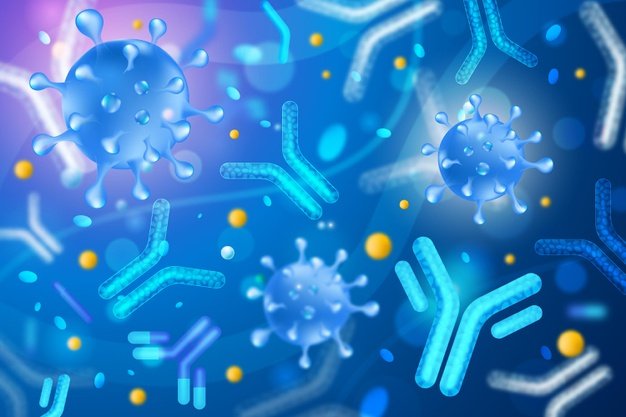
Photo Credit: Freepik
Antibodies and T cells are components of the human immune system that directly act against viral infections and eliminate infected cells. A new study by scientists from Duke-NUS Medical School, provides evidence that an early presence of SARS-CoV-2 specific T cells in COVID-19 is likely to prevent severe disease. The study, published in Cell Reports, has important implications for the clinical management of COVID-19 patients.
To fill this knowledge gap, the team of researchers at Duke-NUS investigated the changes in virological and immunological parameters in 12 patients with symptomatic acute SARS-CoV-2 infection from onset of the disease to recovery or death.
Humoral and cellular adaptive immunity are two immune mechanisms that act against pathogens. Humoral immunity is mediated by antibodies, while cellular immunity does not involve antibodies and is, instead, facilitated by T cells. Studying how these immune mechanisms mediate SARS-CoV-2 infections could be beneficial in controlling the progression of the disease. However, their roles in viral control or disease pathogenesis is not fully understood and only a few studies have thoroughly monitored COVID-19 patients longitudinally, especially during the acute phase of infection.
“We found that patients who control SARS-Cov-2 infection with only mild symptoms are characterized by early induction of IFN-γ secreting SARS-CoV-2 specific T cells. The amount of humoral response, however, does not predict the level of COVID-19 disease severity,” said Dr Anthony Tanoto Tan, Senior Research Fellow at the Duke-NUS’ Emerging Infectious Diseases (EID) programme and the co-author of this study.
“Our data supports the idea that SARS-CoV-2 specific T cells play an important role in the rapid control of viral infection and eventual clearance of the disease,” added Dr Martin Linster, Senior Research Fellow with Duke-NUS’ EID programme and the co-author of this study.
This work is a continuation of the team’s previous publication in Nature, where they analysed SARSCoV-2 specific T cell response in COVID-19 patients at convalescence. In this study, they have expanded the analysis to the full timeline of SARS-CoV-2 infection from onset to outcome.
“T cell monitoring provides a comprehensive understanding of the immune response against SARS-CoV-2 and assists vaccine to be more effective if a holistic induction of both antibodies and T cells occurs,” said Professor Antonio Bertoletti, from Duke-NUS’ EID programme, who is the corresponding author of this study.




